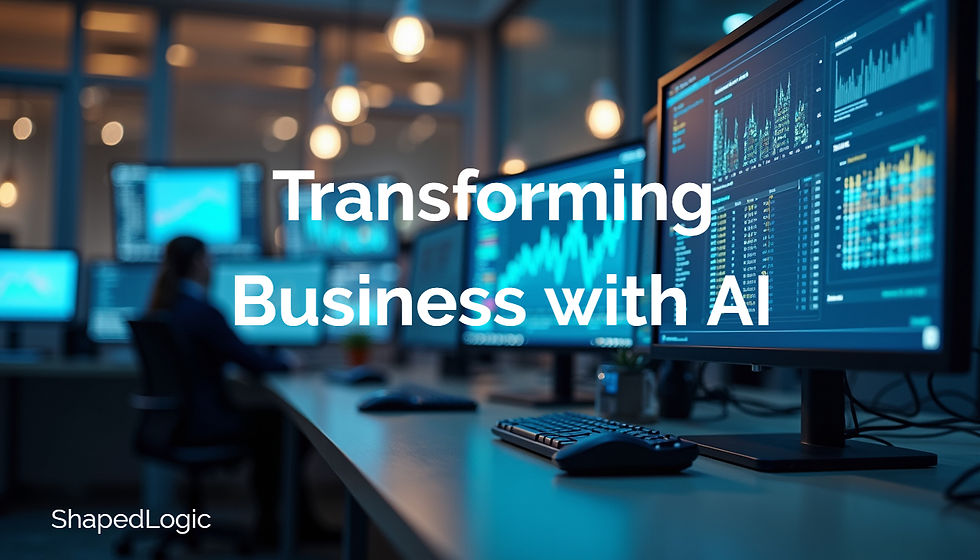Future of AI and Democracy
- John Debrincat
- Dec 20, 2023
- 3 min read
Updated: Dec 22, 2023

AI is already being used by governments and corporations in many areas, for example; to aid in the creation of opinions, offer services assistance, development of advice, capture mistakes and errors and security surveillance. In most cases there is still some human intervention or validation.

On Monday I attended the “Future of AI Summit” at UTS in Sydney. The event was put on by NSW Government and had a focus on the use of AI in government. There were over 750 attendees and a very notable group of presenters and panelists.
What struck me was the increasing diversity in Australia's population that was represented in the room, with its myriad of minority groups representing various backgrounds, ethnicity, lifestyles, political orientations, religions, genders, and expectations.
These “minorities” are reshaping the nation's identity and challenging traditional concepts of majority rule. This shift raises important questions about the future of decision-making in a democratic society and the role of Artificial Intelligence (AI), particularly generative AI, has in this evolving landscape.
Are We Redefining Democracy
In Australia’s traditional democracy, majority rule has been a cornerstone. However, as Australia's societal fabric becomes increasingly diverse, the concept of a clear 'majority' is becoming ambiguous. This raises critical questions: Can decisions that satisfy the majority still be considered democratic if they overlook the complex needs of various minority groups? I think a good example of this was the referendum on the first nations Voice to Parliament.
This dilemma is at the heart of Australia's evolving identity.
AI as a Tool for Inclusivity
Generative AI, with its advanced capabilities in data analysis and pattern recognition, may offer a unique solution. It can process vast amounts of data to identify the needs and preferences of different groups, providing insights that might be overlooked in human-centric decision-making processes. AI's neutrality and capacity for handling complex, multifaceted data can aid in creating policies that are more inclusive and representative of the entire population. But what we lack today are in controls; policies, processes, and assurance mechanisms, that prevent misuse or abuse.
Challenges and Opportunities
The integration of AI in democratic processes is not without challenges. There are concerns about bias in AI algorithms, the ethical use of data, and the need for transparency in AI-driven decisions. However, these challenges also present opportunities. Australia is already a leader in developing AI governance “frameworks” that ensure fairness, accountability, and inclusivity. But these are yet to be fully tested and let’s face it have a fundamentally technology-based foundation. So, the same levels of diversity in beliefs and opinions that exist in the population are not reflected in these frameworks. Is it important? Yes, I believe so.
The Future Landscape
As Australia navigates into the future, the role of AI could be pivotal in shaping a more inclusive society. By leveraging AI's analytical prowess, policymakers can better understand and address the diverse needs of their constituents, potentially leading to more equitable and representative decisions.
Standing at the Crossroads
Australia stands at the proverbial crossroads, where the traditional majority rule is being questioned, and the role of AI in decision making is emerging as a factor. The future landscape will likely be one where AI not only aids in decision-making but also plays a significant role in ensuring that the voices of all citizens, regardless of their minority or majority status, are heard and valued.
But are we ready yet?
That really is the question that we need to answer before we change the processes by which decisions are made that impact all of our society.




Comments